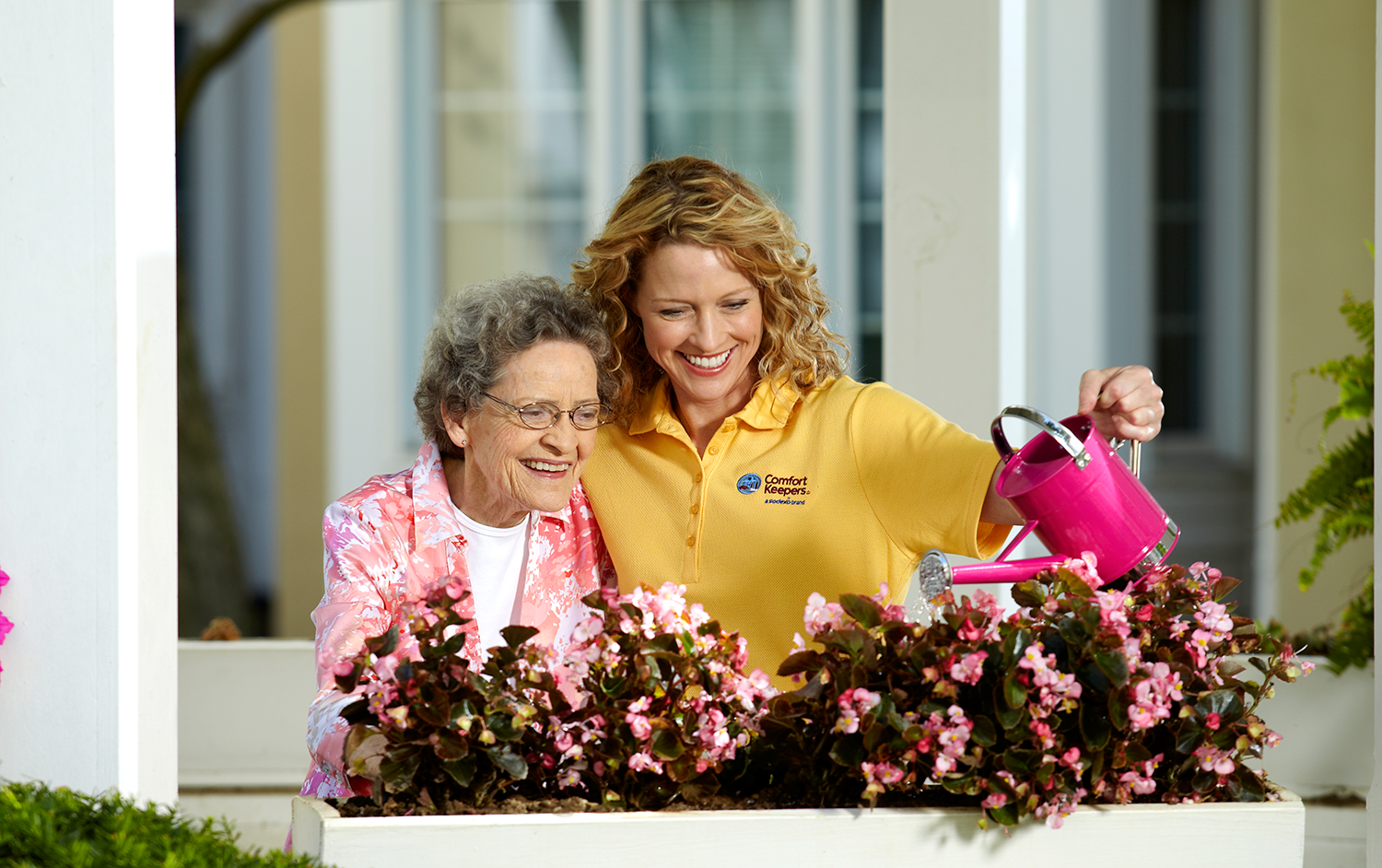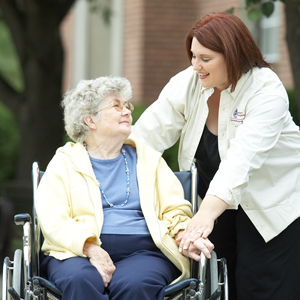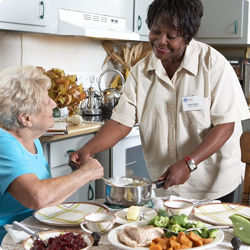Elderly Urinary Incontinence – Let’s Talk
Blog | February 13, 2018
For many of us, a trip to the bathroom is something we can delay fairly easily. But as we age, commonly it’s much harder to do so, and for those suffering from elderly urinary incontinence, it’s nearly impossible.
According to the National Association for Continence, one in five individuals over 40 suffer from overactive bladder, or urgency/frequency symptoms. While sometimes this can be due to as something simple as not drinking enough water, it can also be a sign of more serious illness, including multiple sclerosis, or Alzheimer’s.
The Different Types of Urinary Incontinence
Urinary Incontinence comes in a few different forms, and for a variety of different reasons. Typically, seniors suffer from one of the following forms.
- Stress Incontinence. This kind of urinary incontinence results in urinary leaks because of pressure being put on the bladder. Typically this kind of stress is the result of exercise, coughing or sneezing, laughing, or lifting heavy objects.
- Urge Incontinence. Urge incontinence happens when there’s a sudden urge to urinate, and the person is unable to hold it long enough to reach the toilet. This kind of incontinence is commonly a problem for people with Diabetes, Alzheimer’s and Parkinson’s disease, and multiple sclerosis.
- Overflow Incontinence. When small amounts of urine leak from a bladder that is always full. Men typically suffer from overflow incontinence due to an enlarged prostate blocking the urethra. Diabetes and spinal injury can also be the cause of it.
- Functional Incontinence. A mild form of incontinence for elders who have normal bladder control, but have trouble getting to the toilet due to mobility issues.
How to Treat Urinary Incontinence
Thankfully, nowadays there are many ways to treat urinary incontinence. The treatment really depends on the form of incontinence, and the underlying issues behind it, so it’s always important to consult your doctor to help diagnose the issue – and come up with a plan to treat it. That being said, there are a few ways you can help your loved one train their bladder.
- Pelvic Muscle Exercises. Also known as “Kegel” exercises, there are a number of floor exercises your senior can do to help strengthen their pelvic muscles – making it easier to control their bladder.
- Scheduled Voiding. Help your loved one set up a schedule for going to the bathroom. Start off with every hour, and slowly extend the time between trips. Combined with the pelvic muscle exercises, they may find it easier to control when they go to the bathroom.
- Changes in Lifestyle. There are also a number of lifestyle changes your loved one can make to help them with control. Losing weight, quitting smoking and drinking less caffeine can all help.
Urinary incontinence can be an embarrassing and touchy subject with your loved one, but it’s important to talk to them about it. There are many ways that they can regain their confidence and independence, but what’s important is getting it diagnosed to find the proper treatment plan.
Individualized Home Care Options
Long-Term Home Care, 24 Hour Home Care & Short Term Care Options Customized for You







